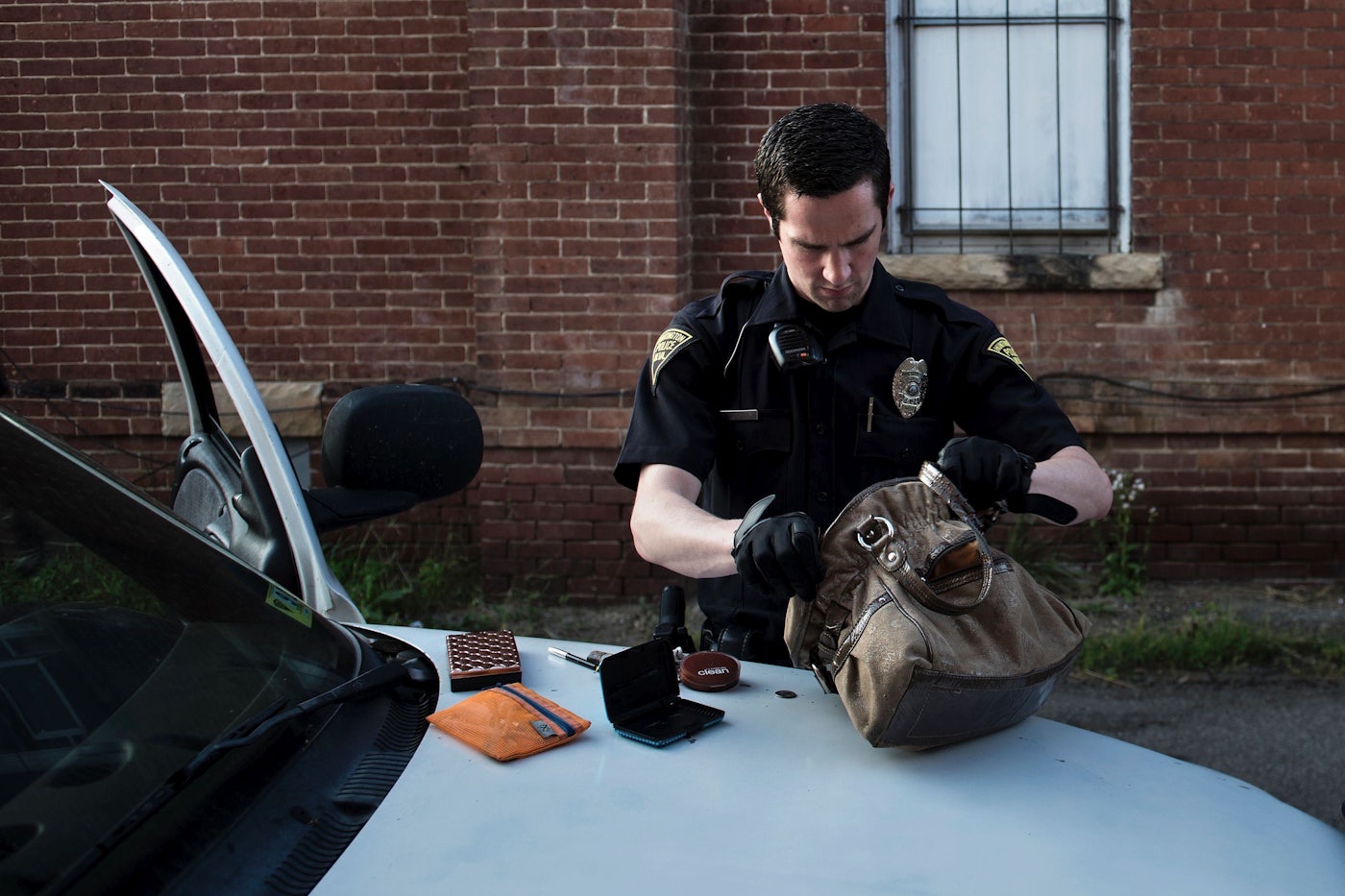
In State v. Ruelas, the WA Court of Appeals held that a defendant in possession of more than 40 grams of marijuana who asserts a necessity defense must present a medical expert witness to support the defense.
BACKGROUND FACTS
On November 10, 2015, Sergeant Garcia stopped Mr. Ruelas for speeding. Mr. Ruelas rolled down his window and gave Sergeant Garcia his license and registration. Sergeant Garcia smelled marijuana coming from the pickup truck. He asked Mr. Ruelas about the smell and asked him to roll down his rear window. Mr. Ruelas complied, and Sergeant Garcia saw a large garbage bag containing marijuana. Sergeant Garcia then arrested Mr. Ruelas for felony possession of marijuana.
Mr. Ruelas said he had a medical marijuana card but did not provide one. Sergeant Garcia then read Mr. Ruelas his Miranda rights.
On February 26, 2016, the State charged Mr. Ruelas with one count of possession of marijuana over 40 grams.
On June 13, 2016, the trial court held a CrR 3.5 hearing. The court found that Mr. Ruelas’s initial pre-Miranda statement was the result of a routine processing question and that his additional statements were made either spontaneously and not in response to a question likely to produce an incriminating response. The court denied Mr. Ruelas’s suppression motion. After the court’s ruling, Mr. Ruelas requested a continuance to find an expert witness.
After two more continuances, on October 18, 2016, Mr. Ruelas filed his final witness list. However, the list did not include a medical expert.
On October 25, 2016, trial began. The court addressed motions in limine and questioned Mr. Ruelas about his defense of medical necessity. Mr. Ruelas explained that he was asserting the common law defense of medical necessity, not the statutory defense under the Washington State Medical Use of Cannabis Act. The State objected to the defense on the basis that Mr. Ruelas could not lay a proper foundation without having a medical expert testify. The court agreed, and did not allow testimony from Mr. Ruelas’s expert.
The trial resumed, closing arguments were given, and the jury found Mr. Ruelas guilty. He appealed.
COURT’S ANALYSIS & DISCUSSION
The WA Court of Appeals found that the Necessity defense required medical testimony. It reasoned that a defendant asserting the necessity defense must prove four elements by a preponderance of the evidence. The four elements are: (1) the defendant reasonably believed the commission of the crime was necessary to avoid or minimize the harm, (2) the harm sought to be avoided was greater than the harm resulting from a violation of the law, (3) the threatened harm was not brought about by the defendant, and (4) no reasonable legal alternative was available that is as effective as marijuana.
Here, the Court of Appeals reasoned that the defendant was required to show corroborating medical evidence that no other legal drugs were as effective in minimizing the effects of the disease. Furthermore, it reasoned that it made sense that the expert could testify to knowing the qualities of other drugs, not just the personal preference of the defendant.
The Court of Appeals also disagreed with Mr. Ruelas’s arguments that the trial court wrongfully disallowed Mr. Ruelas’s expert witness from testifying. In fact, the Court actually addressed whether Mr. Ruelas himself should be sanctioned for violating the discovery rule that parties must disclose their witnesses well before trial begins:
“A trial court may sanction a criminal defendant under CrR 4.7(h)(7)(i) for failing to comply with discovery deadlines by excluding the testimony of a defense witness.”
Here, however, the trial court did not sanction Mr. Ruelas’s for the late disclosure of his expert witness.
“Our review of the record convinces us that Mr. Ruelas did not act willfully or in bad faith,” said the Court of Appeals. “Mr. Ruelas explained that it was difficult to obtain his mother’s medical records, which Dr. Carter needed to review. Mr. Ruelas also expressed difficulty in communicating with Dr. Carter, who he described as very busy.”
Nevertheless, the Court of Appeals also rejected Ruelas’s arguments that the trial court abused its discretion when it precluded Ruelas’s expert witness from testifying. “Mr. Ruelas does not cite any authority that holds that a trial court abuses its discretion when it precludes an expert disclosed during trial from testifying,” said the Court of Appeals. “We presume there is no authority.”
Please contact my office if you, a friend or family member are charged with a crime. Hiring an effective and competent defense attorney is the first and best step toward justice.








